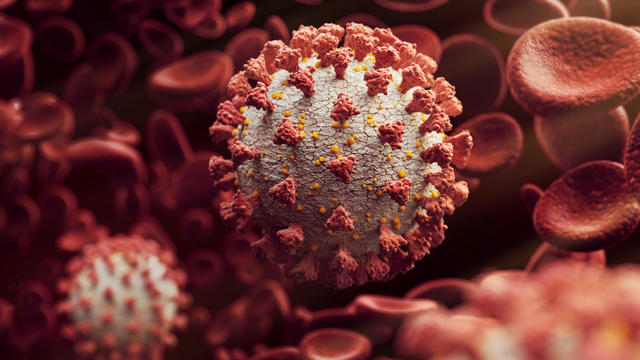
COVID-19 "long-haulers" cope with lasting virus symptoms
A dedicated marathon runner is having to relearn how to breathe after contracting the coronavirus.
Watch CBS News

Jon LaPook, M.D. is the award-winning chief medical correspondent for CBS News, where his reporting is featured on all CBS News platforms and programs.
Since joining CBS News in 2006, LaPook has delivered more than 1,200 reports on a wide variety of breaking news and trending stories in the health and medical fields, as well as feature stories on music, lifestyle and profiles of entertainment stars. LaPook's work has appeared on "CBS Sunday Morning," the "CBS Evening News," 60 Minutes, "CBS Mornings," "Face The Nation with Margaret Brennan" and CBS News Radio.
LaPook reported extensively on COVID-19 and delivered near-daily updates at the height of the pandemic on the spread of the virus and what was being done to stop it. Over the years, he has covered both international and national health issues, including the devastating 2010 earthquake in Haiti and ensuing cholera outbreak, the outbreaks of Ebola and Zika and the aftermath of Hurricane Maria in Puerto Rico, and a wide range of health topics such as Alzheimer's, cancer, cardiovascular disease, obesity, mental health, gun violence, vaccine hesitancy, AIDS, traumatic brain injury and health care inequity.
His interviews include President Obama on health care reform, Aly Raisman about the U.S.A. Gymnastics sexual abuse scandal, and Dr. Anthony Fauci, CDC Director Dr. Rochelle Walensky and NIH Director Dr. Francis Collins about a variety of public health problems. For more than a decade, he documented a couple's journey dealing with Alzheimer's disease. He has done multiple segments profiling health issues involving celebrities such as Ryan Reynolds, Angelina Jolie, Gilda Radner, Bob Saget, Alan Alda and Marcia Cross. He reported on the challenges medical professionals face in dealing with long COVID; he's profiled frontline health care workers; he's interviewed producer Phil Rosenthal and actor Ray Romano about the health benefits of travel, and interviewed Norman Lear, his father-in-law, about the challenges of facing a pandemic at the age of 98.
LaPook is also professor of medicine at the NYU Grossman School of Medicine, and an internist and gastroenterologist at NYU Langone Health. He is the creator and executive director of the NYU Langone Empathy Project, which seeks to promote a culture of empathy in medicine. In May 2022, he gave the commencement address for the classes of 2020 and 2021 at the Harvard T.H. Chan School of Public Health and spoke about the importance of empathy in health care.
LaPook's work at CBS News has earned him five Emmy Awards. He earned Emmy honors in 2012 for covering the national shortage of cancer drugs; he was part of the team that won for the 2013 coverage of the Boston Marathon Bombings; he earned two for his work on "CBS Sunday Morning;" and in 2021 as part of the team that earned "CBS Morning's" "Outstanding Live News Program."
In 2020, LaPook was awarded a Drama Desk Award for his work as medical contributor to "Stars in the House," keeping the theater community informed throughout the coronavirus pandemic.
In 2018, The Alliance for Women in Media awarded him a Gracie Award in the News Feature Series category for two groundbreaking 60 Minutes reports on the U.S.A. Gymnastics sexual abuse scandal. That same year he was named a George Foster Peabody Awards finalist for his 60 Minutes work on the scandal. He has won two Edward R. Murrow Awards: in 2007 and 2013. He earned a New York Press Club Award for Journalism for a WCBS-AM News Team Special, "Eye on Ebola." In 2010, he was recognized by the Webby Awards for his documentary series "CBS Doc Dot Com."
In the medical field, LaPook works to weave media and the arts into training, with an eye on enhancing the experience between healthcare professionals and their patients. He has also done extensive work in the field of medical computing, including writing a medical practice management software package that he sold in 1999 to a company that was later acquired by Emdeon Corporation, the parent company of WebMD.
Born in Mineola, N.Y., LaPook graduated with honors from Yale University and received his M.D. from Columbia College of Physicians and Surgeons, where he was elected to AOA, the national medical honor society. He completed his residency in internal medicine and fellowships in gastroenterology and medical informatics at Presbyterian Hospital in New York City.

A dedicated marathon runner is having to relearn how to breathe after contracting the coronavirus.
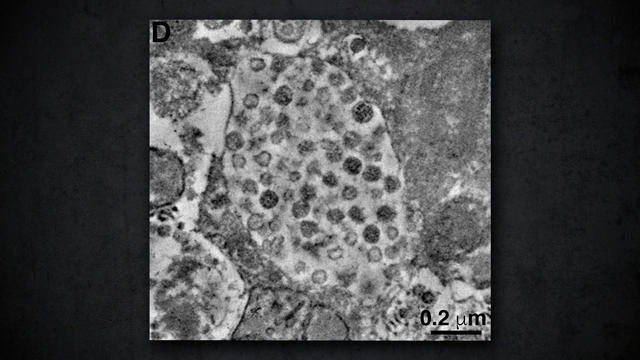
New, mutated strains of the coronavirus are causing worry around the world as health officials race to vaccinate as many people as possible. Dr. Jon LaPook reports on why the new strains are popping up.
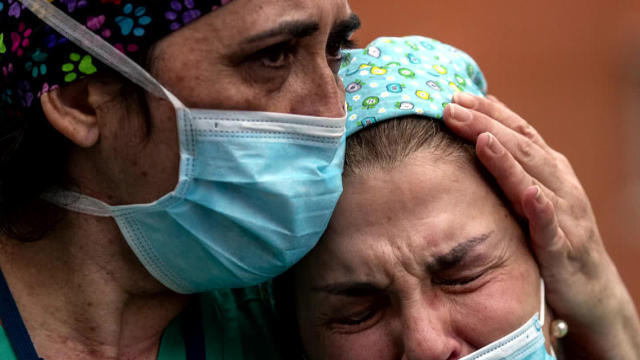
Dr. Jon LaPook pays tribute to medical professionals who, having come face-to-face with the coronavirus, put their own lives in jeopardy in order to save others.
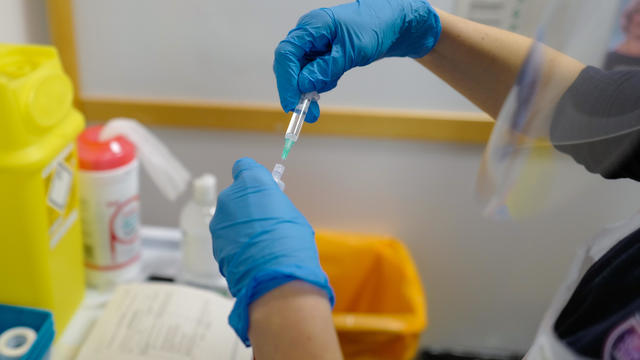
CBS News chief medical correspondent Dr. Jon LaPook answers viewers' questions about the coronavirus vaccine.
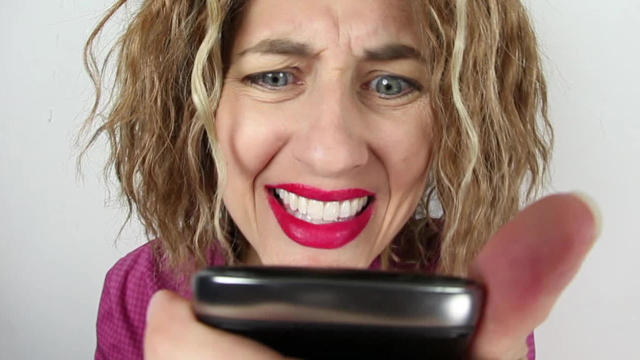
The CBS News chief medical correspondent reveals what irritations push his buttons – and whether one should push back
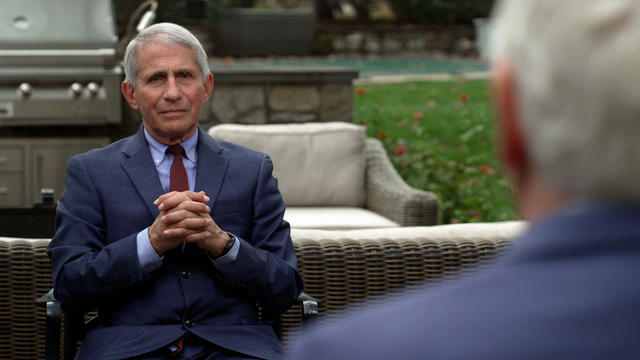
In a wide-ranging 60 Minutes interview, Dr. Anthony Fauci expresses his frustration with a Trump campaign ad; explains why, early in the pandemic, masks were largely recommended for health care workers; and says whether he plans to vote in person.
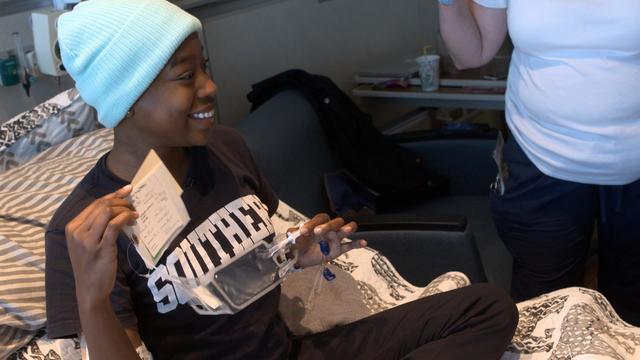
An innovative type of gene therapy is being used to attempt to cure sickle cell anemia. Dr. Jon LaPook reports.
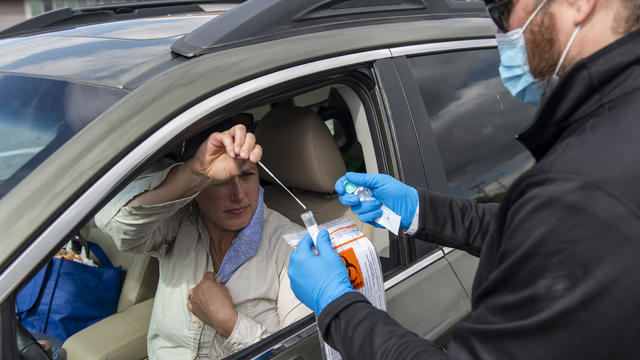
In contrast to early thinking about the importance of transmission by contact with large respiratory droplets, it turns out that a major way people become infected is by breathing in the virus.
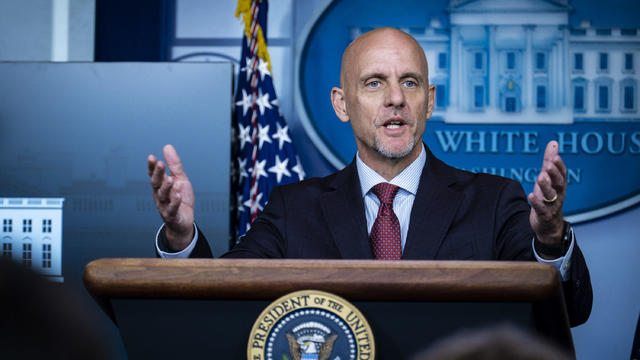
The commissioner said, depending on that data, it's possible a vaccine could be available by Election Day and before a Phase III trial is completely finished.
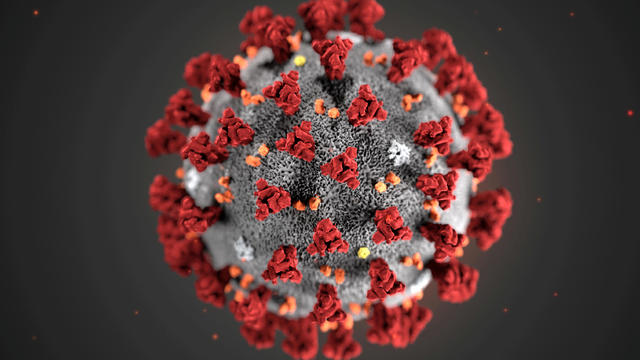
A classroom simulation shows how the spread of the virus is significantly cut down simply by placing ventilation near a teacher.
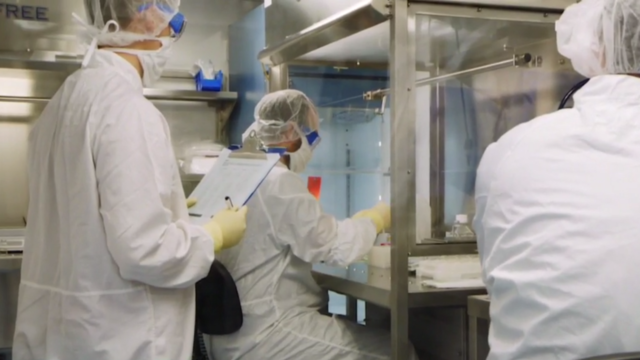
In contrast to the convalescent plasma taken from survivors' blood, monoclonal antibodies can be manufactured in large amounts in a lab.

An NIH clinical trial is ushering in a genetic revolution as an innovative type of gene therapy is used to attempt to cure sickle cell anemia. Dr. Jon LaPook reports.

The science behind how using a mask can help prevent an infected person with no symptoms from transmitting the coronavirus to others

Probiotics, manufactured mixtures of "good bacteria" that help digest food, have become a growing multibillion-dollar industry. But do they work?
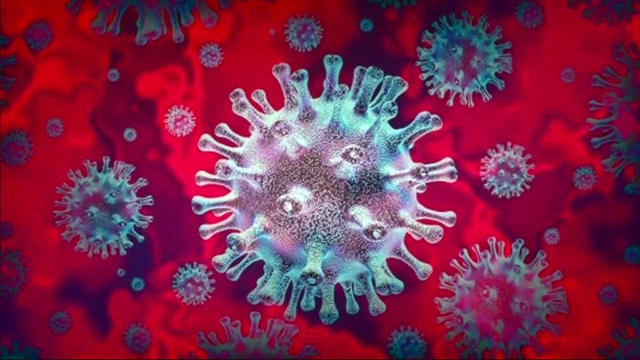
Experts say crack a window or open a door to help disperse any virus floating in the air indoors.